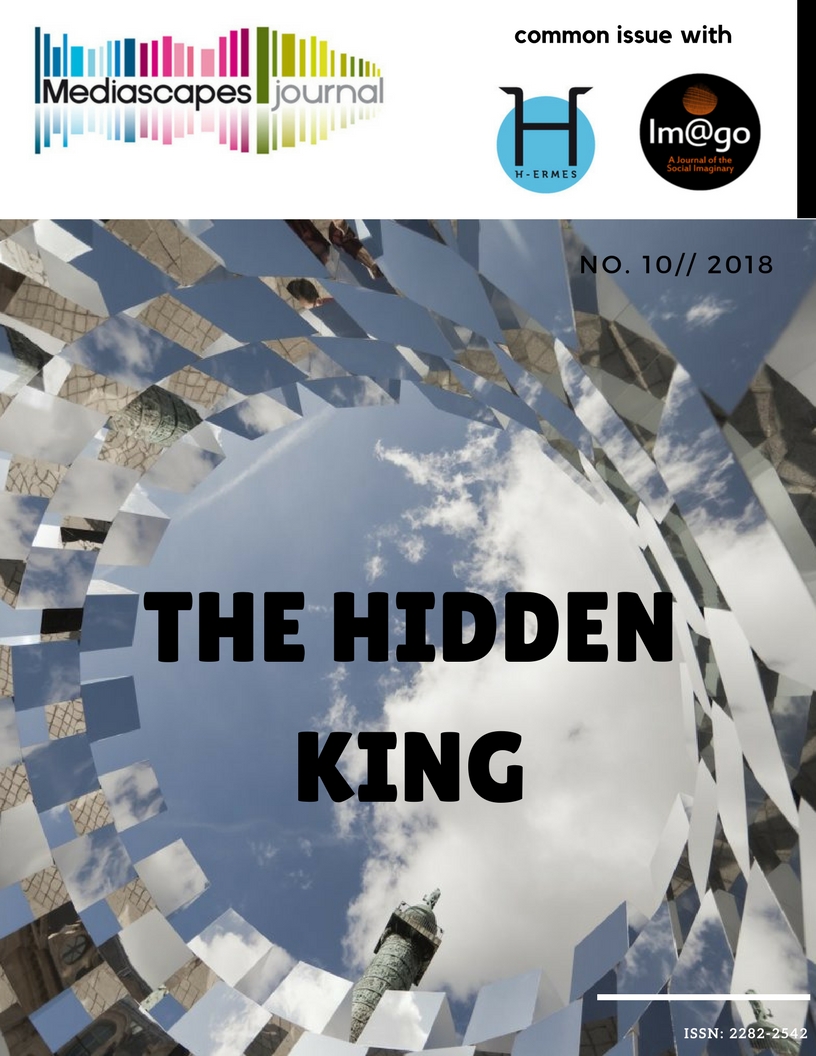Riconoscersi. Cosa dicono le migrazioni delle comunità occidentali
Keywords:
Complex Relationality, Generation of Sense, Migrations, Paradigmatic Disjunction, RecognitionAbstract
In recent years, in the wake of the coincidence of economic, social and environmental crises, the unceasing inflow of the Other has catalyzed distress and fears. It is a meeting from which arise questions and doubts about crucial issues: personal and collective identity, the balance of society and the capacity of a culture of generating a shared sense. Taking these into account, a new perspective on the matter becomes possible, that does not interpret it as the fault of marauders who come “inexplicably” to plunder the already scarce resources, but rather as the shared responsibility of those who fail to properly receive migrants or to foster better conditions in the countries of origin. Migrations thus reveal themselves as indicators of a deeper problem. To treat such processes as a permanent emergency to be managed in bureaucratic and procedural terms highlights the loss of ethical and moral bearings and the disintegration of the social bond. This essay addresses two dimensions of this issue: first of all the tight connection between recognition and generation of a shared sense and the consequences of the failed perception of this link; secondly the paradigmatic and imaginal root of the Western tendency to discrimination and more and more emphasized opposition. The “hidden king “ of the age turns out to be the tension toward a qualitative relationality, put back together in spite of modern separations and elisions, that can sustain a complex dynamic balance from which spring forth the answers to the great questions of the XXI century.


